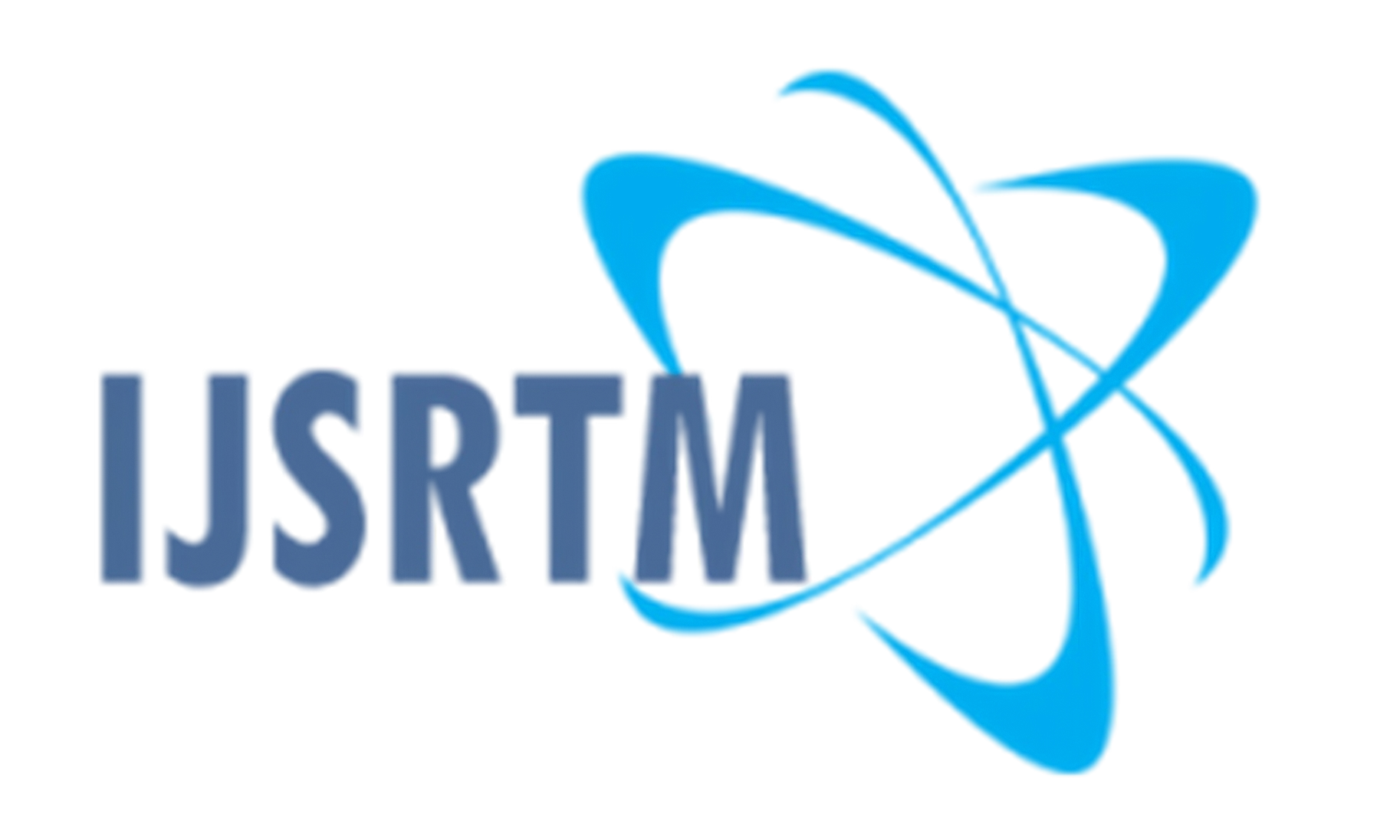Author Guidelines
Publications
Editorial
About
📑 Plagiarism Policy of IJSRTM
Plagiarism is the unethical act of using someone else’s ideas, processes, results, or words without proper acknowledgement of the original author and source. Self-plagiarism occurs when an author reuses substantial portions of their own previously published work without citing it appropriately. This may include submitting the same manuscript to multiple journals or modifying previously published work with limited new content. The International Journal of Scientific Research in Technology & Management (IJSRTM) is a peer-reviewed, indexed, monthly online journal (ISSN [insert ISSN]), published since 2013. The journal maintains a strict policy against plagiarism in any form. Plagiarism is deemed to have occurred when significant portions of a manuscript are copied from previously published material without acknowledgement. All manuscripts submitted to IJSRTM are screened for plagiarism and similarity index using Turnitin / Plagiarism CheckerX software. Manuscripts found plagiarized at the initial stage of review will be rejected outright and will not be considered for publication. If plagiarism is detected after publication, the Editor-in-Chief will initiate a preliminary investigation, which may involve a committee constituted for this purpose. If plagiarism is confirmed beyond acceptable limits, IJSRTM will contact the author’s institution/organization/university and any associated funding agencies. A formal misconduct finding will result in:
- Publication of a statement linked to and from the original article, highlighting the plagiarism.
- Marking the plagiarized paper clearly on each page of the PDF.
- Retraction of the paper, depending on the extent of misconduct.
🔎 Types of Plagiarism Considered by IJSRTM
- Full Plagiarism – Direct copying of previously published content without any changes to text, ideas, or grammar.
- Partial Plagiarism – Rephrasing or combining material from multiple sources without proper attribution.
- Self-Plagiarism – Reusing complete or significant portions of one’s own published work without citation. Republishing an already published article in another journal is considered complete self-plagiarism.
📘 IJSRTM Policy on Plagiarism
IJSRTM values intellectual property and is committed to protecting and promoting the originality of authors’ work. Plagiarized manuscripts violate the standards of quality, research integrity, and innovation. Authors submitting to IJSRTM are expected to follow ethical guidelines and avoid all forms of plagiarism. If plagiarism is suspected in a submitted or published manuscript:
- IJSRTM will contact the author(s) to provide an explanation within two weeks. The case may be forwarded to a Fact-Finding Committee (FFC) for further review.
- If no response is received, IJSRTM will escalate the matter to the Director/Dean/Head of the institution or the Vice Chancellor of the university to which the author is affiliated, requesting strict action.
⚖️ Policy and Actions
- Remove the plagiarized article from the IJSRTM website and third-party indexing platforms.
- Label the article clearly as “Plagiarized Manuscript.”
- Disable the author’s account with IJSRTM and reject all future submissions for a period of 3 / 7 / 14 years, or impose a permanent ban, depending on severity.
- Inform the author’s institution and request disciplinary action.
✅ This ensures academic integrity and protects the originality of contributions to the International Journal of Scientific Research in Technology & Management (IJSRTM).
